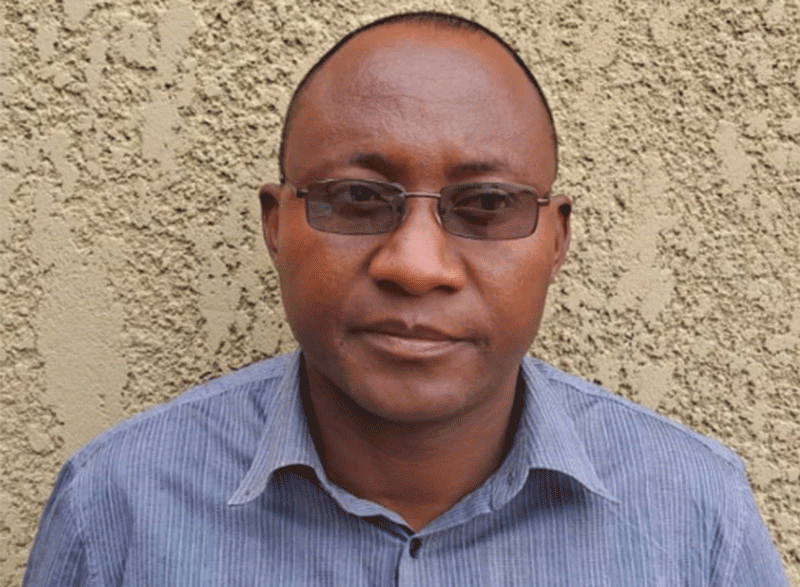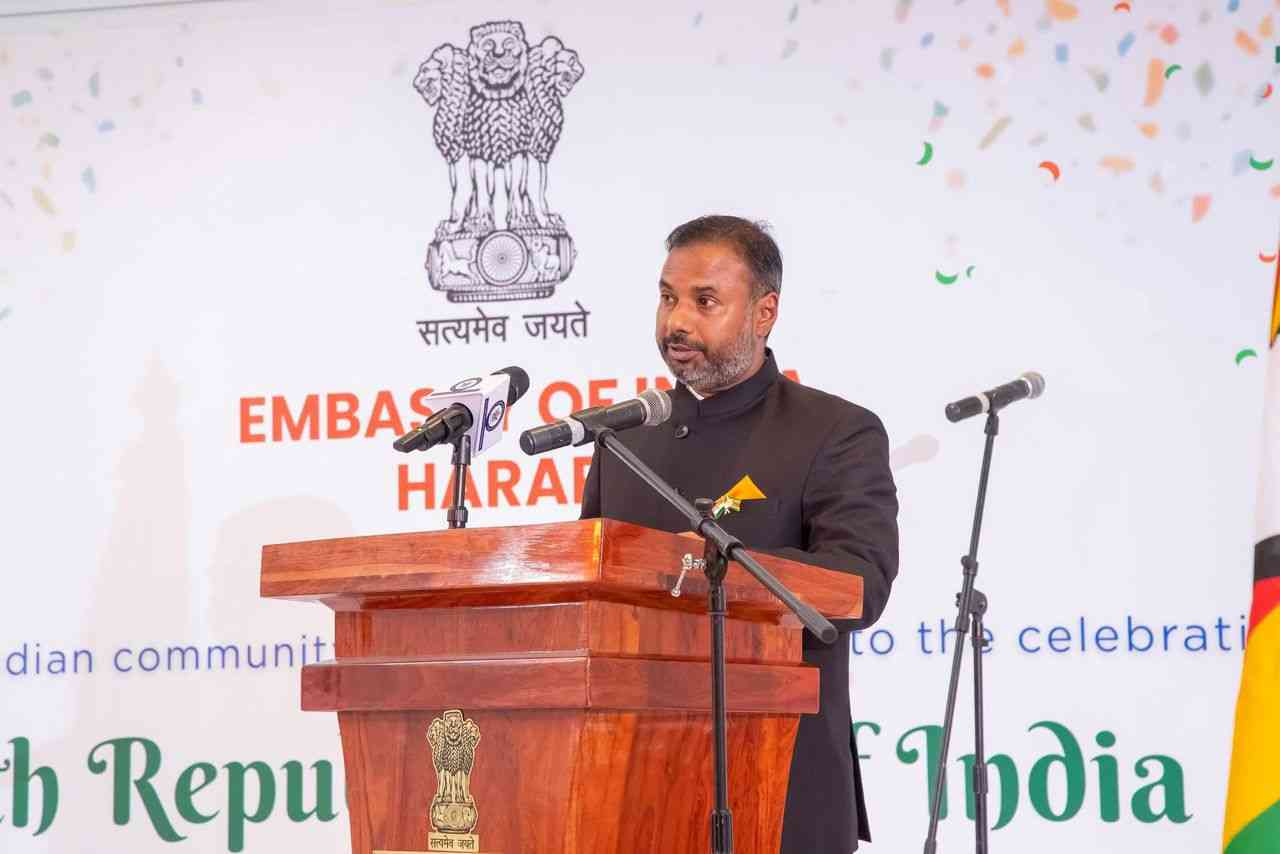
IN September 2015, the United Nations General Assembly adopted the 2030 Agenda for Sustainable Development that includes 17 Sustainable Development Goals. At the heart of the 2030 agenda are five critical dimensions which include people, prosperity, planet, partnership and peace. HIV/Aids, malaria and tuberculosis have seen the Global Fund pooling billions of dollars to curb these menacing diseases. According to the World Health Organisation (WHO), a total of 1,6 million people died of tuberculosis (TB) in 2021, making TB the 13th leading cause of death in the world and the second leading infectious killer after the heinous COVID-19. The year 2021 saw at least 10,6 million people suffering from TB globally, with six million of them being men, 3,4 million being women with children being 1,2 million. Ending the TB pandemic by 2030 is among the health targets of the United Nations Sustainable Development Goals. The National Strategic Plan for TB (2021-25) is aligned with the basic pillars and components of the World Health Organisation’s End TB Strategy and envisions a TB-free Zimbabwe by 2035.
Zimbabwe has been doing well in terms of TB diagnosis and treatment, with drug availability in all public health centres in the country. The vision of the national TB programme in Zimbabwe is to see a TB-free Zimbabwe with at least 80% reduction in TB incidence and mortality by 2025. The gains achieved by the country in the fight against TB should not be reversed by the unfortunate events obtaining on the ground today. TB medication consists of rifampicin, isoniazid, ethambutol and pyrazinamide, drugs that now come in the form of fixed dose combinations. I carried out a snap survey of many health centres across Zimbabwe. TB drugs are in very short supply with many health centres like Ruwa Clinic, Goromonzi, Marondera hospitals having nothing on the shelves. Clinics in Harare reported serious shortages of the life-saving drugs and we should not sit by when such unfortunate developments unfold. TB treatment is supposed to be taken for at least six months and failure to adhere to treatment can result in drug resistance, increased morbidity and mortality. Shortage of TB drugs should be averted at all costs in the country for fear of multi-drug-resistant TB which can be a serious health crisis and health security threat. Many lives can be lost if the current drug stock conundrum is not solved as a matter of urgency.
The country should have a drug supply chain that is solid in terms of reliability, responsiveness and agility. The whole country cannot be plunged into a drug inventory quagmire because of an unreliable supply chain. Inventory management strategies and demand forecasting methods should be expeditiously employed by the Health and Child Care ministry. The ministry has a whole director of TB and infectious diseases. I am not sure if the director knows that many health centres are running short of TB drugs. The calamitous stock-outs should be dealt with expeditiously as they are a threat to our public health as a nation. It is in the best interest of the country to work with drug suppliers that have short lead times as that can accommodate unexpected changes in demand. Short supplier lead time can produce Pareto optimal outcomes even in the absence of optimal policies. If TB treatment drugs remain in short supply, disease prevention will not be possible and it will be an insurmountable task for the country to achieve Agenda 2030 where diseases like TB, malaria and HIV/Aids are supposed to have been drastically reduced.
The Health and Child Care ministry should urgently address the TB drug shortages. Many people are going to lose their precious lives because they cannot access the drugs. Complications will arise if TB is not treated early or if it is inadequately treated. We hope health centres will be equipped as a matter of urgency.
- Johannes Marisa is president of the Medical and Dental Private Practitioners Association of Zimbabwe. He writes here in his personal capacity.











